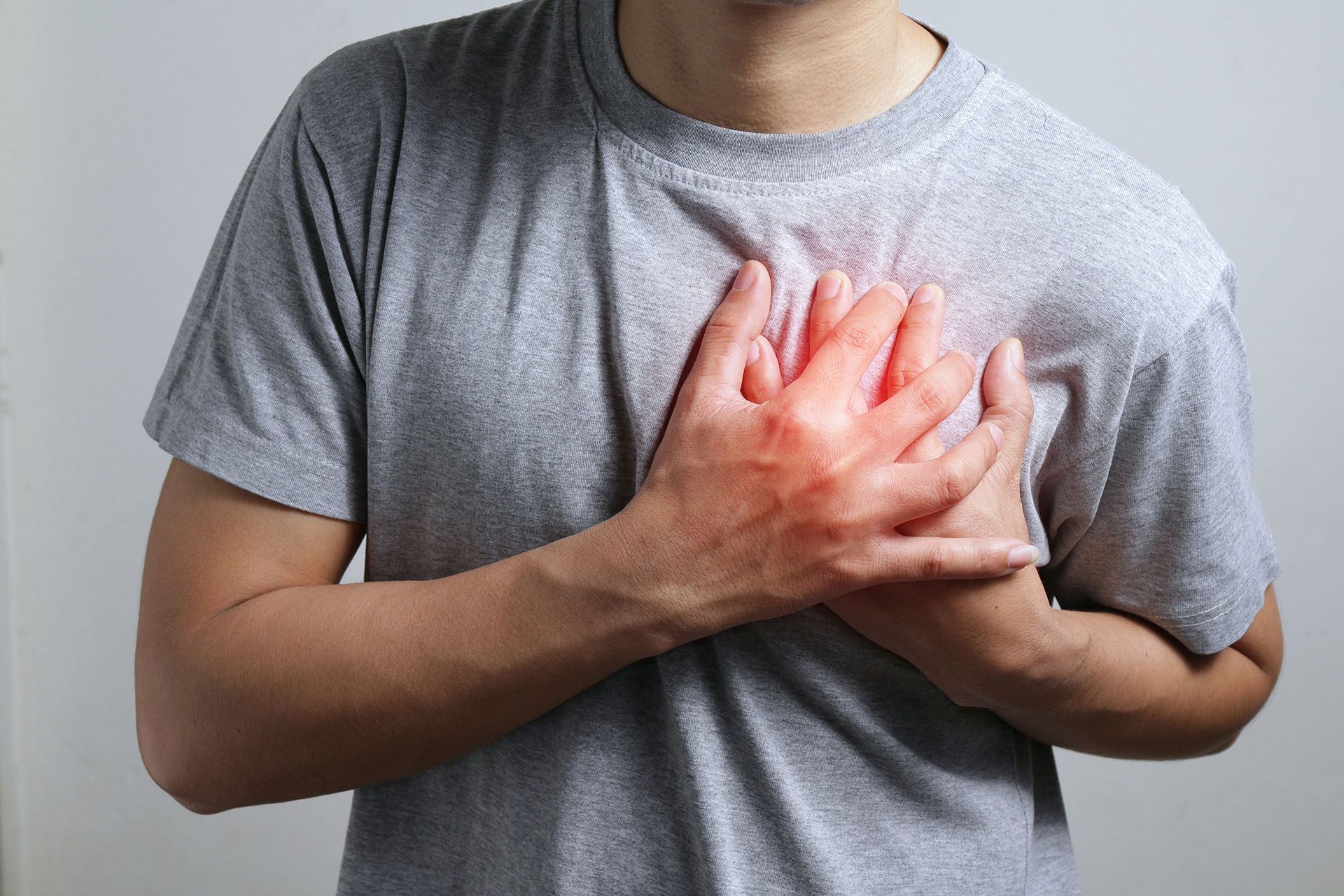INS LifeGuard
Legionnaires' Disease Outbreak: Risks and Preventions

In the midst of the current health challenges in Victoria, it’s essential to stay informed about potential health risks. One such concern that has come to the forefront is Legionnaires' disease. The Department of Health issued a health alert this month following an outbreak of Legionnaires' disease (also known as legionellosis) in metropolitan Melbourne. There has been a significant rise in cases across multiple locations from 26 July to 20 August 2024. But what exactly is Legionnaires' disease, and how can you protect yourself and your loved ones?
What is Legionnaires' Disease?
Legionnaires' disease is a serious type of pneumonia that results from infection by the Legionella pneumophila bacteria. These bacteria thrive in freshwater environments, but they can become a health hazard when they spread in man-made water systems, such as hot water tanks, cooling towers, and plumbing systems.
When people inhale small droplets of water that contain the Legionella bacteria, they can develop Legionnaires' disease. The symptoms often resemble those of the flu—fever, chills, muscle aches, and headaches—but can quickly escalate to more severe respiratory issues. Without timely treatment, Legionnaires' disease can be fatal, particularly for older adults, smokers, and individuals with weakened immune systems.
Why is Legionnaires' Disease a Concern in Victoria?
Recent reports have highlighted an outbreak of Legionnaires' disease in Victoria with 109 confirmed cases and two fatalities reported. This is particularly linked to cooling towers in the Laverton North and Derrimut areas of Melbourne. The outbreak has prompted extensive inspections and testing of water systems in over 100 sites. Although the exact source has yet to be definitively confirmed, the bacteria can spread through mist or vapour from these towers, making it essential for residents and businesses in affected regions to be vigilant.
Who is at Risk?
While anyone can contract Legionnaires' disease, certain groups are more vulnerable:
Older Adults
As we age, our immune systems naturally weaken, making it harder for our bodies to fend off infections. Individuals aged 50 and above are particularly susceptible to Legionnaires' disease. The bacteria that cause this illness target the lungs, and older adults often have pre-existing respiratory conditions that can exacerbate the disease’s effects.
Smokers
Smoking harms the cilia in the lungs that play a crucial role in removing mucus and harmful particles. When these cilia are impaired, the lungs become more vulnerable to infections like Legionnaires' disease, as they can no longer effectively remove the bacteria from the respiratory tract.
People with Chronic Diseases
Chronic diseases, such as chronic obstructive pulmonary disease (COPD), diabetes, or kidney failure, significantly increase the risk of contracting the disease. These conditions compromise the body’s immune response, making it difficult to combat the Legionella bacteria effectively. For instance, individuals with COPD already have weakened lungs, making them particularly vulnerable to a respiratory infection.
Immunocompromised Individuals
People with weakened immune systems—whether due to cancer, HIV/AIDS, or treatments like chemotherapy—are at a heightened risk of the disease. These individuals have a diminished ability to fight off infections, allowing the Legionella bacteria to establish a foothold more easily. In these cases, even a minor exposure to the bacteria can lead to severe illness.
Preventive Measures
To prevent Legionnaires' disease, it is essential to manage the growth of Legionella bacteria within water systems. Here are some key steps:
- Ensure that hot water tanks, cooling towers, and plumbing systems are regularly cleaned and maintained to prevent the growth of bacteria.
- Keep hot water systems at a temperature of at least 60°C to kill Legionella bacteria.
- Regular testing of water systems for Legionella is crucial, especially in commercial buildings, hospitals, and aged care facilities.
- Avoiding stagnant water in pipes or systems, as this can provide a breeding ground for bacteria.
INS LifeGuard’s Lifesaving Assistance in the Face of Health Risks
INS LifeGuard offers a range of solutions, including in-home alarms, mobile devices, and TeleHealth services, which are directly connected to qualified nurses with advanced clinical knowledge. This ensures when a person has concerns about their health, they can quickly access immediate, expert medical assistance. These systems are invaluable for carers, offering peace of mind even when they can’t be physically present.
Ensuring seamless protection no matter where you go is crucial. The
INS LifeGuardian® Mobile App for Android and iPhone, paired with enhanced monitoring through the Apple Watch (for iOS only), provides a robust digital shield with telecare features that keep help within reach whether you’re at home or out and about.
Conclusion
Understanding Legionnaires' disease and taking proactive steps to prevent it is crucial. By maintaining safe water systems, staying informed about risks, and utilising personal safety devices like INS LifeGuard’s Personal Alarm System, you can protect yourself and those you care about from this potentially deadly disease.
Stay vigilant, stay informed, and take the necessary precautions to keep yourself and your community safe.
To find out more about the products and services, call 1800 636 040 or visit our website here.

About
INS LifeGuard is the only 24/7 nurse on-call personal and medical monitoring in Australia. We provide monitoring technology for both in the home and on the go and can also monitor other provider's equipment. Our services are suitable for anyone wanting support to stay independent such as the elderly, those with medical conditions and disabilities plus enhancing safety and security for lone workers.













